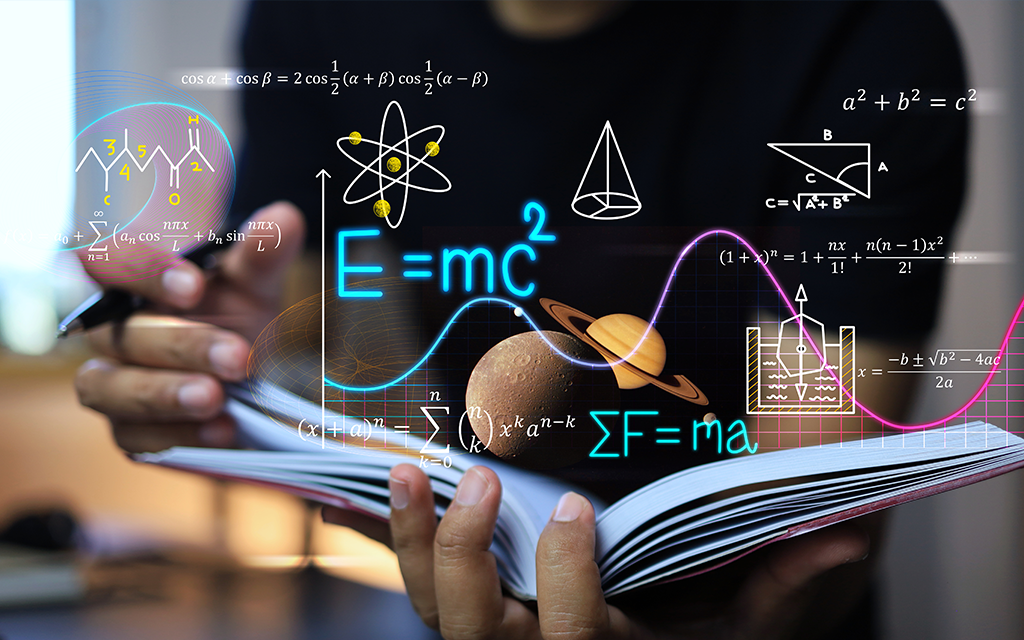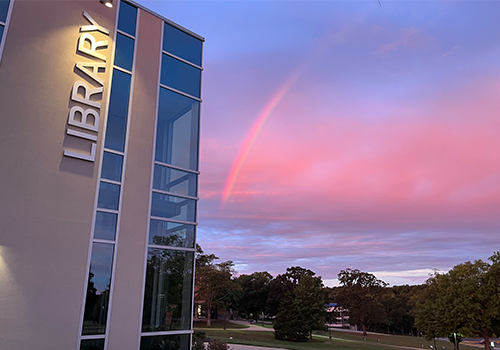Physics

Program Overview
The Physics Department offers a study of basic scientific concepts and principles of the Physical Universe. Intense course and laboratory work, along with computer-based hands-on learning, aids the student in the processes of scientific inquiry. This approach not only equips students with theoretical knowledge but also emphasizes practical application.
For those non-scientists, such as education majors, the Physical Science course offers a fundamental approach to science and how it's interlinked to everyday life. Major topics include: the history of science, the applications of mechanics, astronomy, geology, and meteorology. This curriculum is designed to engage students who may not pursue a career in the sciences but wish to understand scientific principles.
Elementary and General Physics presents a more in-depth exploration of physical principles for students pursuing degrees in engineering, medicine, computer science, and other technical fields. In addition to a critical understanding of the laws of nature, physics students gain experience in problem formulation and solving, measurement, and computer skills.
Students in Jefferson College's Pre-Engineering program are allowed to transfer to an engineering school with a Junior standing.
Degree Information
The Associate of Arts (A.A.) degree is designed for transfer to another college or university as part of a bachelor's degree.
Academic Plan
The Academic Plan is a semester-by-semester plan for the full-time college-ready student. Part-time students should work with an advisor to customize the map to fit individual needs.
Course Guides
Jefferson College Institutional Course Guides (ICGs) are found in the Simple Syllabus - Syllabus Library AND/OR within your Canvas class page via the Simple Syllabus link in the Course Navigation Menu.
Career Opportunities
A degree in physics opens up a wide array of career options in various sectors, including education, research, technology, healthcare, and finance. Graduates possess valuable skills that are highly sought after across numerous industries, making them versatile candidates for many rewarding roles.
Physics graduates can pursue a wide range of career paths. Typical employment settings include high schools, government-funded laboratories, medical physics facilities, and high-tech industries. The versatility of a physics degree allows graduates to find roles in academia, research and development, and even in finance and consulting.








